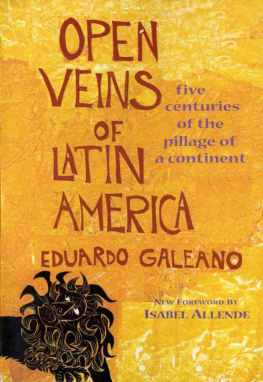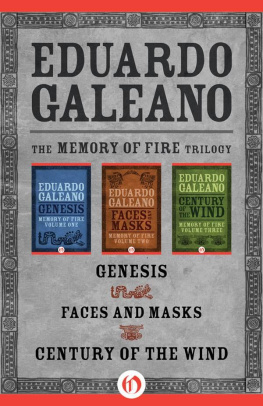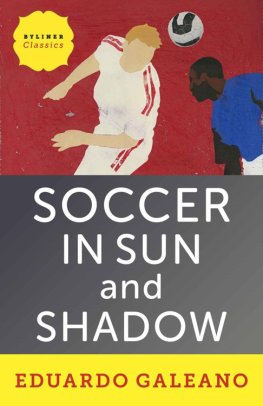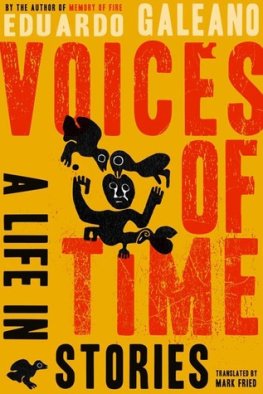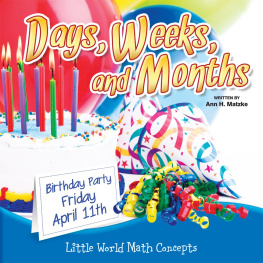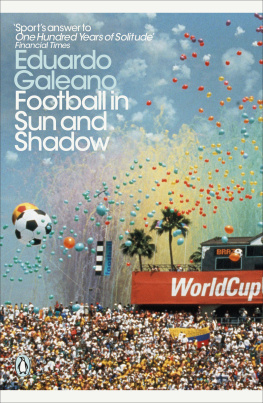Eduardo Galeano - Children of the Days: A Calendar of Human History
Here you can read online Eduardo Galeano - Children of the Days: A Calendar of Human History full text of the book (entire story) in english for free. Download pdf and epub, get meaning, cover and reviews about this ebook. year: 2013, publisher: Nation Books, genre: Detective and thriller. Description of the work, (preface) as well as reviews are available. Best literature library LitArk.com created for fans of good reading and offers a wide selection of genres:
Romance novel
Science fiction
Adventure
Detective
Science
History
Home and family
Prose
Art
Politics
Computer
Non-fiction
Religion
Business
Children
Humor
Choose a favorite category and find really read worthwhile books. Enjoy immersion in the world of imagination, feel the emotions of the characters or learn something new for yourself, make an fascinating discovery.

- Book:Children of the Days: A Calendar of Human History
- Author:
- Publisher:Nation Books
- Genre:
- Year:2013
- Rating:5 / 5
- Favourites:Add to favourites
- Your mark:
Children of the Days: A Calendar of Human History: summary, description and annotation
We offer to read an annotation, description, summary or preface (depends on what the author of the book "Children of the Days: A Calendar of Human History" wrote himself). If you haven't found the necessary information about the book — write in the comments, we will try to find it.
Unfurling like a medieval book of days, each page of Eduardo Galeanos Children of the Days has an illuminating story that takes inspiration from that date of the calendar year, resurrecting the heroes and heroines who have fallen off the historical map, but whose lives remind us of our darkest hours and sweetest victories.
Challenging readers to consider the human condition and our own choices, Galeano elevates the little-known heroes of our world and decries the destruction of the intellectual, linguistic, and emotional treasures that we have all but forgotten.
Readers will discover many inspiring narratives in this collection of vignettes: the Brazilians who held a smooch-in to protest against a dictatorship for banning kisses that undermined public morals; the astonishing day Mexico invaded the United States; and the sacrilegious women who had the effrontery to marry each other in a church in the Galician city of A Corua in 1901. Galeano also highlights individuals such as Pedro Fernandes Sardinha, the first bishop of Brazil, who was eaten by Caet Indians off the coast of Alagoas, as well as Abdul Kassem Ismael, the grand vizier of Persia, who kept books safe from war by creating a walking library of 117,000 tomes aboard four hundred camels, forming a mile-long caravan.
Beautifully translated by Galeanos longtime collaborator, Mark Fried, Children of the Days is a majestic humanist treasure that shows us how to live and how to remember. It awakens the best in us.
Eduardo Galeano: author's other books
Who wrote Children of the Days: A Calendar of Human History? Find out the surname, the name of the author of the book and a list of all author's works by series.

